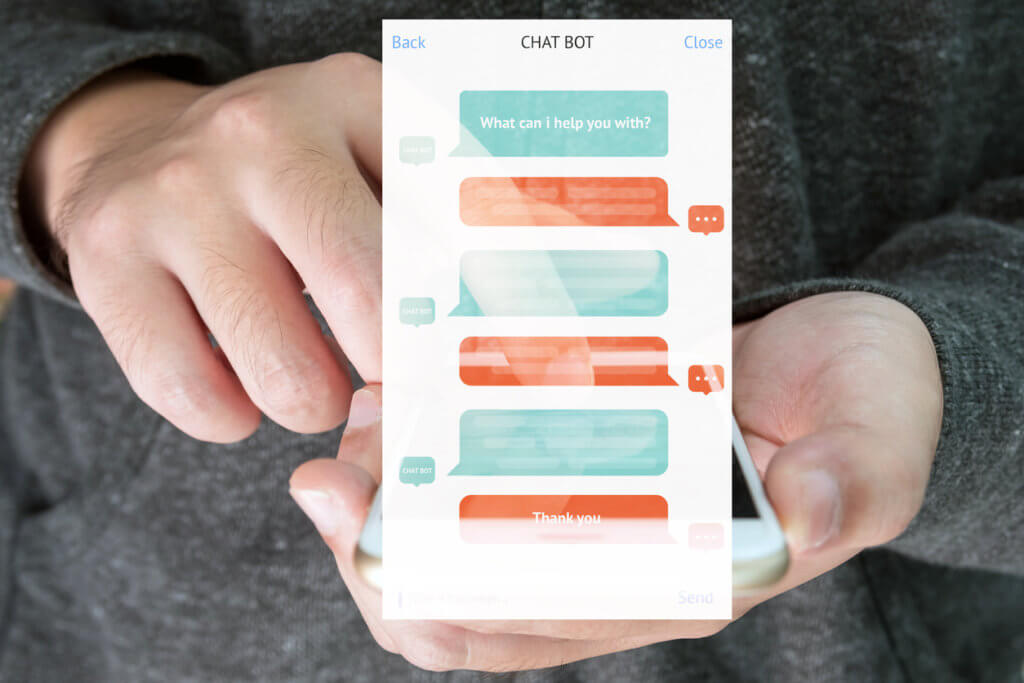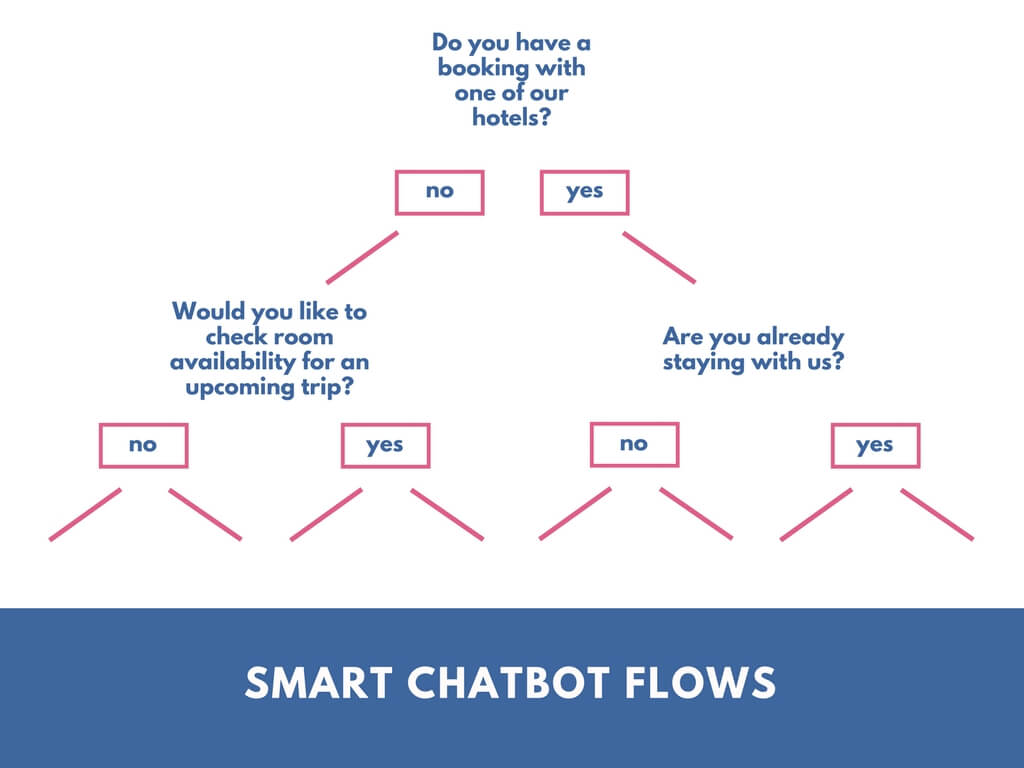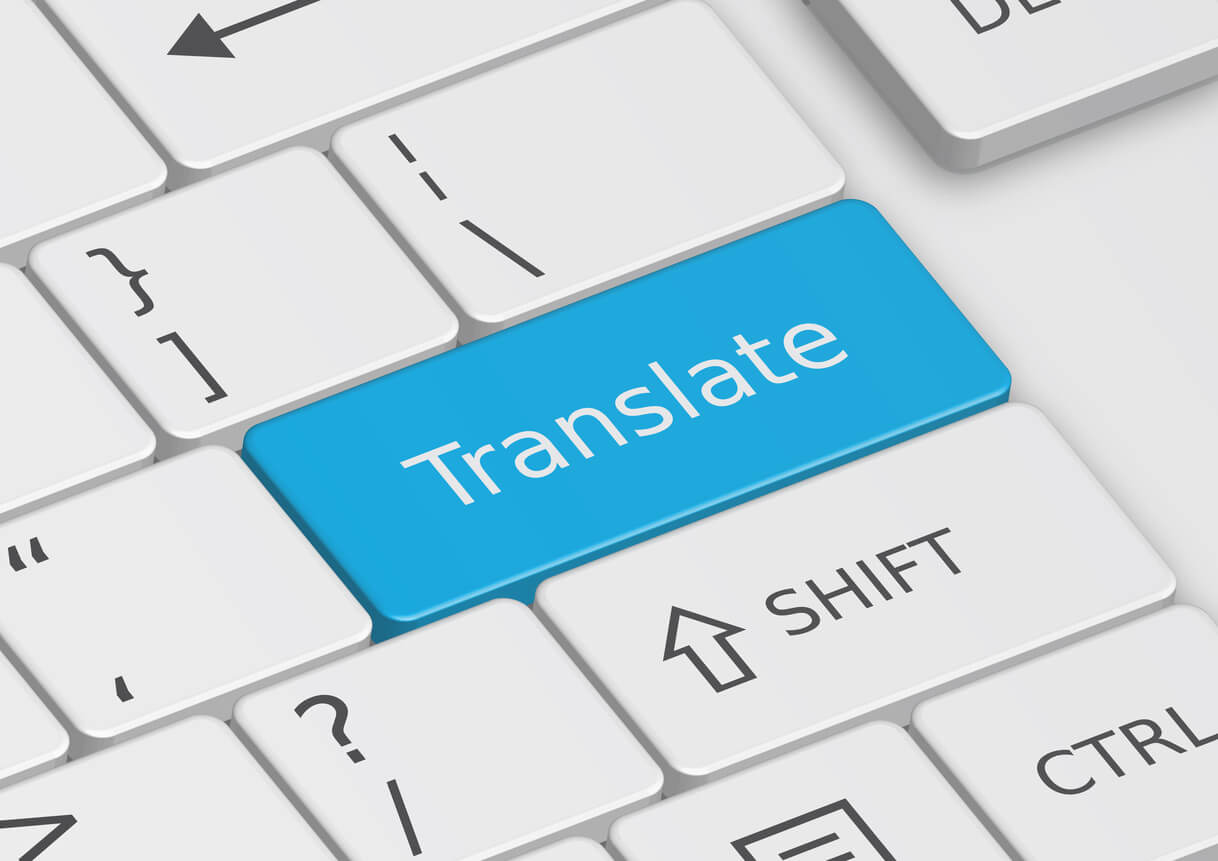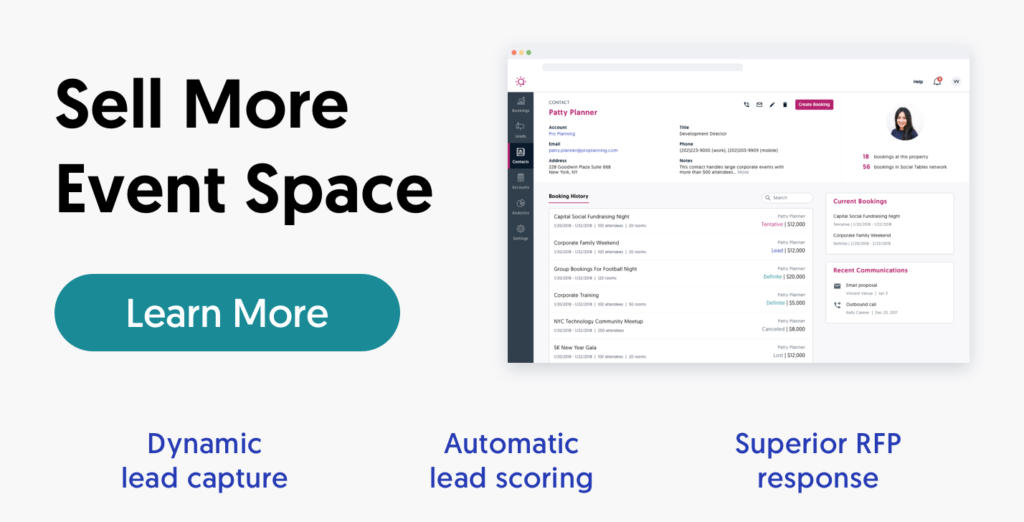
Hotel Chatbots: Your New Best Friends for Creating a Great Customer Experience
Hotel chatbots are the modern-day equivalent to a concierge, and one of the latest technologies being used to improve experiences. Guests can check in, check out, make reservations, and even ask for local restaurant recommendations. And it’s not just hotels that benefit from the convenience factor: Business Insider estimates that over 80% of businesses are expected to have some sort of chatbot automation implemented by the year 2020.
So how can you hitch a ride on the chatbot train? In the following, we dive into a few of the ways your property can use chatbots to drive bookings, answer questions, and give customers an all-around better stay.
But first, here are a few things to keep in mind.
Chatbots use AI technology known as Natural Language Processing (NLP) to understand what’s being asked and trigger the correct answer. Still, we’ve got a long way to go before these algorithms are advanced enough to handle the entirety of the customer lexicon. So before you turn to a chatbot, it’s important to understand that it’s on you to set the parameters that keep customers from getting frustrated.
1. Starting With Pre-Programmed Responses
Pre-built responses allow you to set expectations at the very beginning of the interaction, letting customers know that they’re dealing with a non-human entity. Based on the questions that are being asked by customers every day, you can make improvements by developing pre-built responses based on the data you’re getting back from your chatbot.
2. Building a Smart UX Flow
Great chatbots ask smart questions that lead users down the right path. That means you need to think about ways you can develop flows for different types of inquiries, and build the responses that will trigger the right response. For hotels, the most intuitive place to start is the booking process.

3. Seamlessly transferring to a human agent.
Because of the limits in NLP technology we already chatted about, it’s important to understand that human assistance is going to be need in some cases ” and it should always be an option. Luckily, the chatbot conversation can help give your staff context before engaging customers who need to speak to a real person.
Here’s how hotel chatbots can improve the customer experience.
Use them to respond to messages immediately.
In the age of instant news and information, we’ve all grown accustomed to getting the info we want immediately. In fact, Hubspot reports 57% of consumers are interested in chatbots for their instantaneity. Which is why hotels across the industry are using chatbots to improve customer relations by responding in real time to messages across channels ” especially in an effort to attract and appease more millennials. It’s a smart way to overcome the resource limitations that keep you from answering every inquiry immediately and stay on top in a service-based world where immediacy is key.
Messaging Apps
If your hotel uses a chatbot to respond to messages on social media messengers or apps such as WhatsApp, your potential guests receive replies within seconds. That’s clutch at every stage of the customer experience, but especially when a potential customer is trying to make a decision on whether or not to book your hotel. After all, if you were deliberating between two hotels, wouldn’t you book the one that responded to you first?
You can develop a chatbot for pretty much any social channel, you’ll just need to be sure that you’re using a chatbot platform that will work best for your needs. Facebook Messenger has its own platform, which the company released in 2016.
Text Messages
Building text-based support services through SMS messaging gives you a nearly universal solution for communication, replacing the traditional call center with a more instantaneous and convenient means of answering questions. Plus, as a channel, text messages have a 98% open rate ” that’s tough to beat!
[Tweet “57% of consumers are interested in chatbots for their instantaneity.”]
Create a better booking system.
Hotel chatbots have the potential to offer a far more personalized experience than booking websites, which is why big names like Booking.com and Skyscanner have already created bots to do the job. Rather than clicking on a screen, these chatbots simulate the more natural experience of talking to a travel agent. The process starts by having a customer text their stay dates and destination. The bot then does the heavy lifting of finding options and proposes the best ones directly in the messaging app.
Simplify your check-in process.
Checking in can turn into a long process, and if it does, it can start a stay off on the wrong foot. With hotel chatbots, there’s room for the process to become much easier by leaving people free to check in digitally and just pick up the keys. This isn’t a widespread use for chatbots currently, but properties that are able to crack that code will inevitably be one step ahead. (Just think about how it’s revolutionized airline check-in!) In the meantime, there are some great check-in apps out there.
Translate for your guests.
If your hotel is in a busy metropolitan area, then you’re likely to have guests from all over the world. And while some of your staff may be multi-lingual, more than likely that’s not going to cover all of your bases. Such language barriers can open up the door for miscommunication, and leave your international guests feeling awkward. After all, mutual comprehension is the foundation for a pleasant and collaborative experience. Luckily, hotel chatbots can help you translate and can even be programmed to speak several different languages.
Even if your property isn’t quite ready for chatbots, you can still meet translation needs through live translation apps like iTranslate or Google Translate. It’s one of the hospitality trends sweeping the industry this year and an area where you can stay ahead of the curve.

Give your front desk a break.
Chatbots are poised to go far beyond booking and take care of the thousands of inquiries your guests might have on any given day. A prime example is Edward, the chatbot creation of Edwardian hotels. Edward is able to respond in real-time through SMS to report on hotel amenities, make recommendations, field guest complaints, and beyond. That leaves the front desk free to focus their attention on guests whose needs require a human agent.
Recommendations
If your guests use the chatbots to ask for recommendations in the local area, the chatbot can find out what kind of things they like to do and offer them personalized suggestions. Marriott even takes it a step further by offering recommendations pre- and post-stay, even if the customer in question used their chatbot but didn’t end up booking. (Hello, great brand image!)
Guest Requests
More towels, turnover service, wake-up calls, calling a cab service… the list goes on and on, but there’s so much that a chatbot can potentially arrange for with a simple text.
[Tweet “80% of businesses are expected to have chatbots implemented by 2020.”]
As NLP systems improve, the possibilities of hotel chatbots will continue to become a more involved piece of the customer service experience. In the meantime, it’s up to hoteliers to work with programmers to set up smart flows and implementations. We can’t wait to see how you put yours to use.


